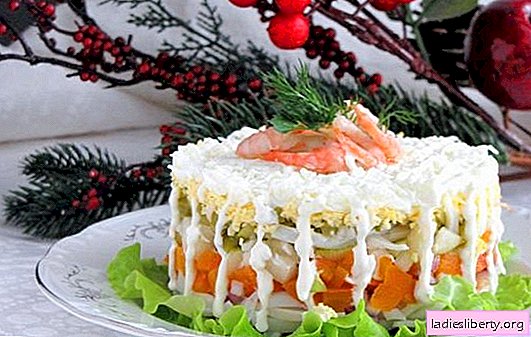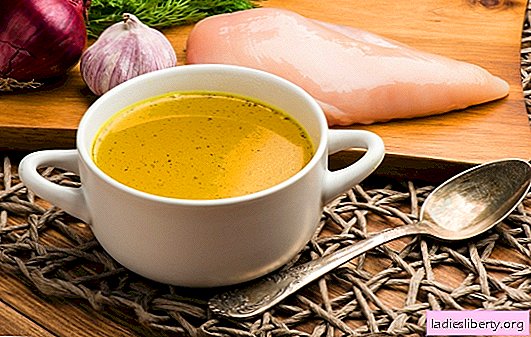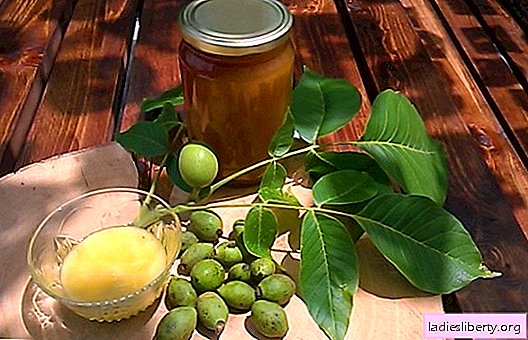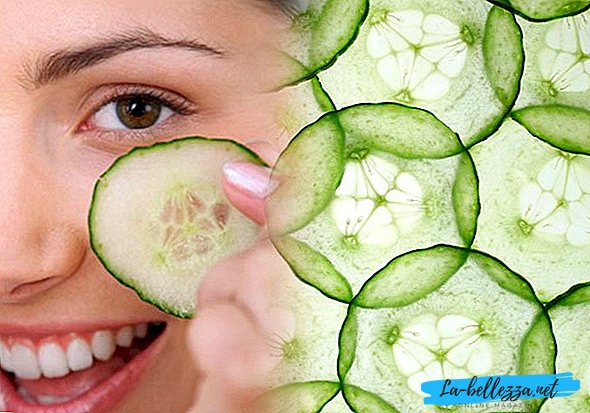
Liquid stool signals a malfunction in the body. If the kitten vilishes, this can be a symptom of not only improper feeding of the animal, but also serious infectious diseases.
The kitten is vomiting - the main symptoms of diarrhea
Does the pet often go to the toilet, sometimes even not having time to run to the tray, and his chair has become very plentiful and fluid? These are the main signs of diarrhea. In addition, the following symptoms indicate its development:
· The kitten eats little or completely refuses to feed;
· The belly of the pet is swollen and painful;
· The animal quickly loses weight;
Sometimes vomiting accompanied by loose stools.
Diarrhea alone is not a disease. This is a consequence of any disturbances in the body. It is important to quickly understand the reasons and take action. It is imperative to urgently visit a veterinarian if, in addition to the above symptoms, there are such:
· Diarrhea lasts more than 12 hours and is accompanied by vomiting;
· In the feces detected blood or mucus;
· The nose and gums turn pale in the kitten;
· A sharp, fetid odor of feces;
High fever (40 degrees and above), fever;
· Mournful anguished meow, which speaks of severe pain.
The presence of these signs means that the kitten will need serious treatment in a professional clinic. Small kittens are weaker than adult animals; procrastination can be fatal for them.
Fluid stool in a kitten, the reason is malnutrition
Kittens have a sensitive digestive system. The disorder can provoke a change in diet, for example, when the baby is taken to a new home. Therefore, all products unusual for a kitten should be given little by little, observing the reaction of the pet and its stomach. Similarly, the transfer to a new industrial feed should be carried out. By the way, an old, long-opened, spoiled food can also provoke diarrhea in a kitten. In addition, fluffy crumbs may be allergic to certain products or components of the finished feed.
After six months, cats stop absorbing milk, but sometimes small kittens tolerate this product poorly due to a lack of enzymes. Here is another possible cause of diarrhea. Overfeeding or underfeeding a kitten, various goodies from the owner's table, such as smoked sausages, poor-quality or spoiled foods are also very likely to lead to digestive upset.
How to understand that the reason is in nutrition, and not in a serious illness? According to the general condition of the pet. If, despite diarrhea, he still plays cheerfully, he does not get worse, does not experience lethargy, refusal to eat, fever and other disturbing symptoms, then you can try to solve the problem yourself. It is necessary to adjust the diet and portion size in accordance with the age of the kitten, to eliminate harmful goodies. It is also necessary to understand what products the animal does not tolerate well - just remove them one by one from the kitten’s food and watch the reaction. Having established an allergen, permanently exclude it from the diet.
Fluid stool in a kitten - what diseases can cause
Diarrhea in a kitten can begin due to diseases of the gastrointestinal tract, for example, gastroenteritis, problems with the pancreas, abnormalities in the liver, and inflammation of the intestines.
There is loose stools and against the background of helminthic invasion. Helminths, parasitic in the body of the animal, cause intoxication and provoke inflammatory processes in the intestine. How to recognize diarrhea caused by worms? Usually this is indicated by the presence of mucus in the bowel movements of the kitten, as well as the helminths themselves. Vomiting often appears. Diarrhea is caused not only by worms, but also protozoa, for example, lamblia. If diarrhea is associated with helminthic infestation, the kitten will need to pick up an anthelmintic drug that will relieve it of parasites.
The most difficult case is infections and viruses. Diarrhea accompanies such dangerous diseases as calicovirus, viral peritonitis, cat distemper, toxoplasmosis. Fluid stool is far from the only companion of these diseases. The lethargy and depression of the kitten, panting, fever, coupled with diarrhea and vomiting - an occasion for an early visit to the veterinary clinic.
Also, poisoning can be the cause of diarrhea. Even without going outside, the kitten can find dangerous substances - this is household chemicals, and some types of domestic plants. In this case, you can not do without professional help.
When contacting a doctor, take a kitten stool with you. An analysis of feces will be needed to make an accurate diagnosis.
Kitten diarrhea - what to do, how to treat a pet
In mild cases of diarrhea, when the animal feels well, the appetite is preserved, there are no other signs of the disease, the owner can help the kitten himself.
For starters, you should limit access to food for at least 12 hours. In this case, the animal must have fresh water, since diarrhea is dangerous by dehydration. Then you can cook the baby with rice or oat broth, give in small portions. When the kitten ceases to vilify, the volume of food is gradually increased. For several days the pet is shown a sparing diet (chicken broth, boiled egg, rice porridge, low-fat ground beef), then you can return to the usual diet.
Of the medicines for diarrhea, a kitten can be given sorbents - activated charcoal, enterosgel, smecta. Papaverine will help relieve stomach pain and relieve spasms in the intestines. As an anti-inflammatory and astringent, a decoction of oak bark is used.
It should be noted that all these drugs have a positive effect on the condition of the gastrointestinal tract, but not on the cause of diarrhea. And if the condition of the animal worsens, do not waste time on self-medication, hurry to the doctor.
Kitten diarrhea - what to do for prevention
The following measures will help prevent the appearance of diarrhea in a kitten:
· Timely vaccination against infectious diseases;
· Regular treatment of helminths ("anthelmintic");
· Feeding the pet exclusively with fresh products, observing the diet according to the age of the kitten;
· The choice of high-quality feed from a reputable producer (feed only in packaging, not by weight, with a good shelf life);
· Clean bowls, tray, kitten litter.
There are very few rules. And it is much easier to fulfill them than to risk the health of your beloved pet.











